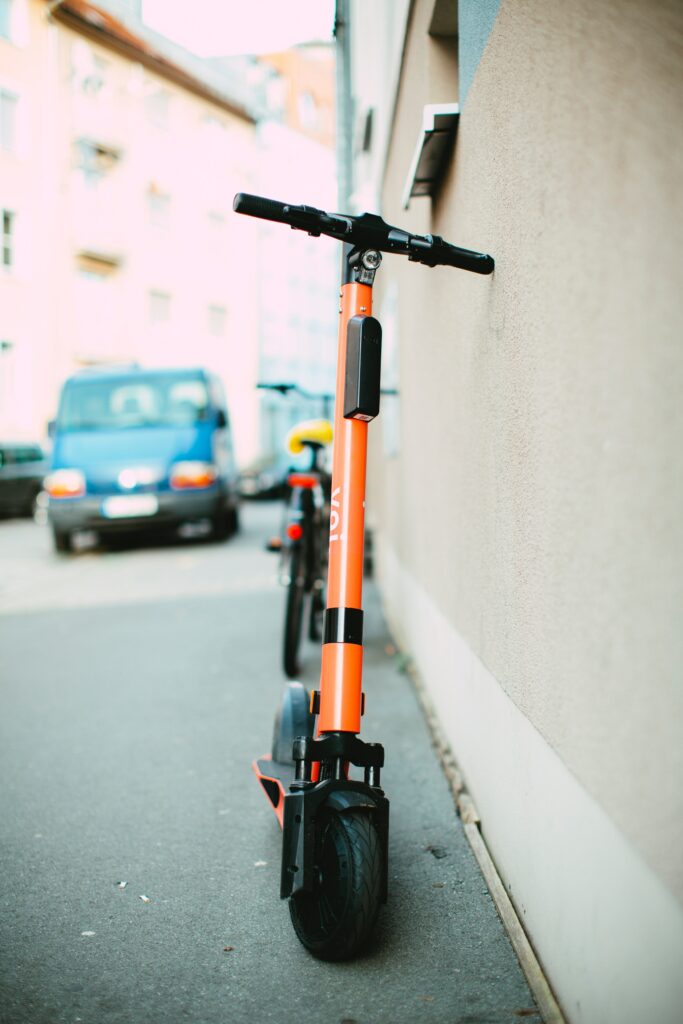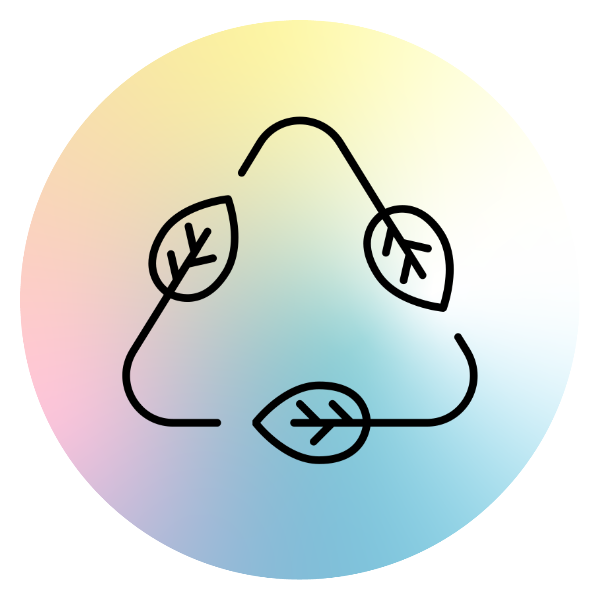About
The Case Studies .
Nature In Your Face includes four case studies that are carried out in parallell. Each case study is led by a designated project partner. The cases are thematically different and all address different challenges with regards to the transition to a low-emission society and adaptation to climate change.
Photo: Fuu J
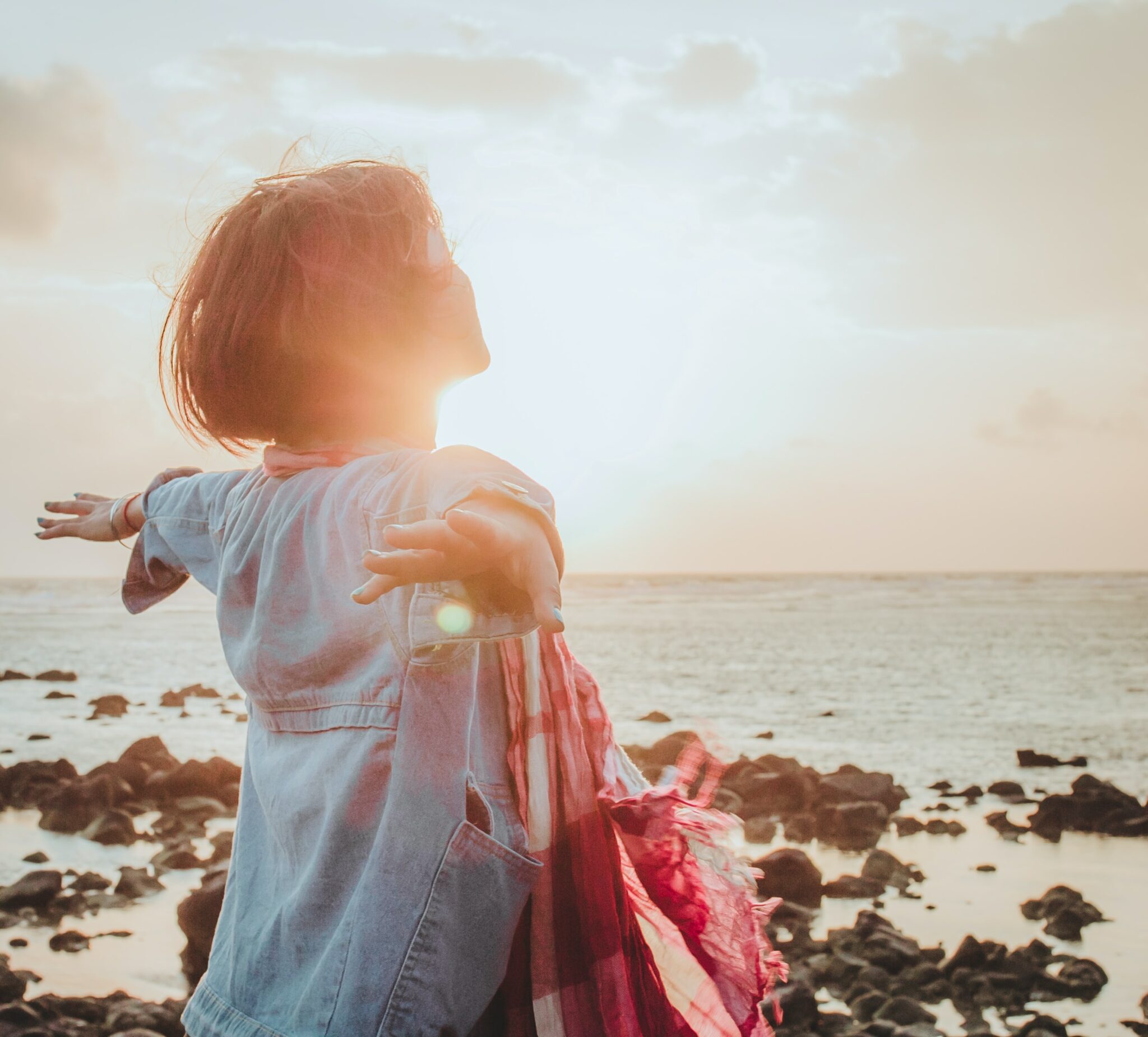
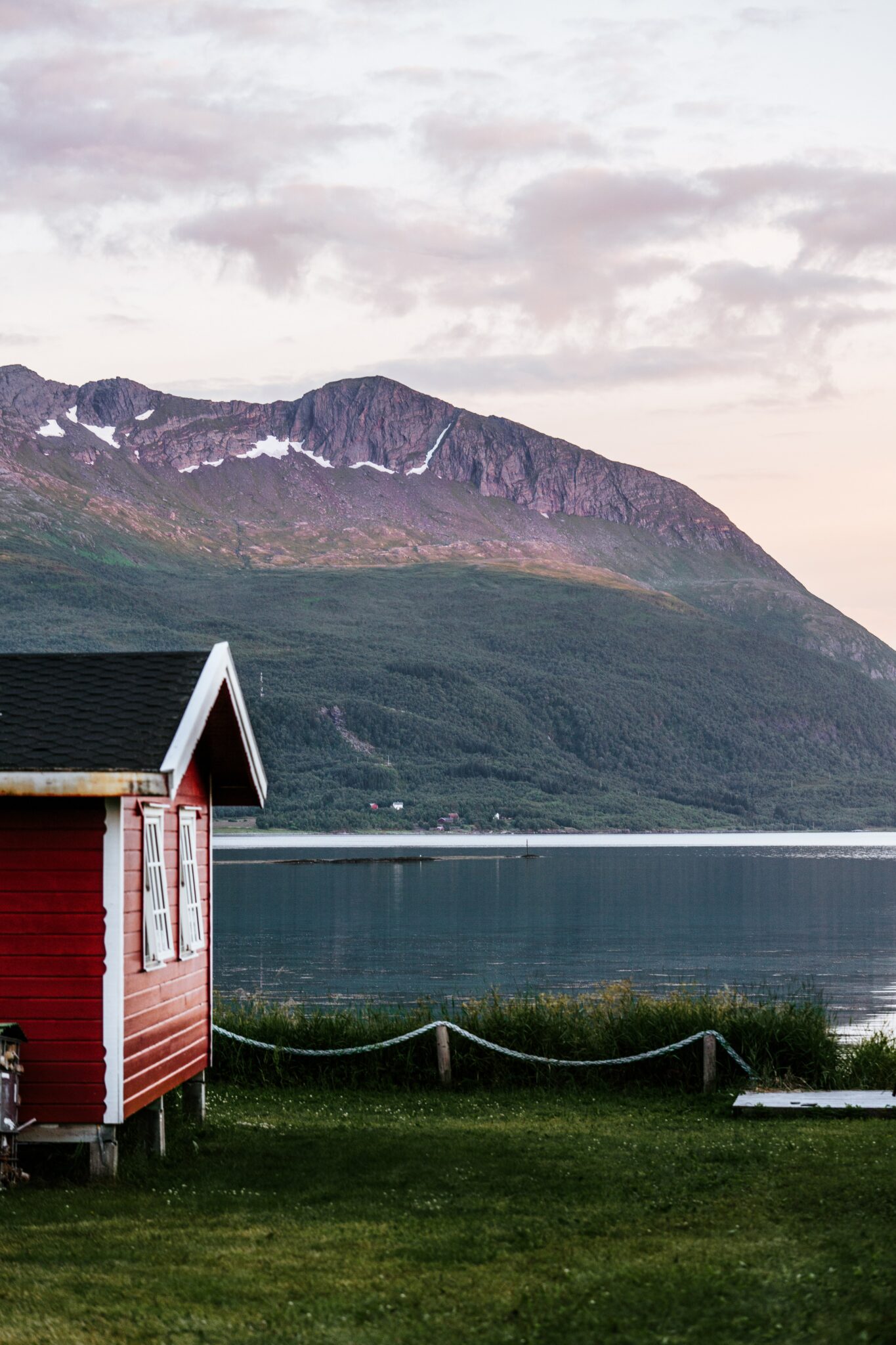
Housing .
led by Nordbolig
The Housing Case is led by the housing developer Nordbolig who are planning for a new low-emission eco-orchard with housing for families and a senior collective on what used to be old farm-land. The housing project will offer a more nature-centred lifestyle evolving around a sense of community with shared spaces, growing of vegetables and keeping of farm-animals.
In addition to being a major source of food waste, households emit carbon into the atmosphere through a variety of human actions and living practices. Actions such as raising the indoor temperature, taking long showers, keeping personal belongings without the intent to share, utilizing personal vehicles – all of these actions and many more contribute towards the carbon footprint of the household. In recent years, however, there has been a significant increase in the interest surrounding eco-friendly neighborhoods and sustainable living practices. The NiYF project seeks to investigate which factors are in play during the transitional phase from a traditional household into an eco-friendly alternative – otherwise known as an eco-orchard (NO: økotun), with an overarching intent to discover housing solutions that allow for a 50% reduction in household carbon emissions.
Photo: Till Daling
Food .
led by Viken County Municipality
The Food Case is led by Viken County Municipality. Food waste – defined here as the disposal of edible scraps as waste – represents a major overconsumption issue in terms of financial and ethical concerns. Households are generally recognized as the most significant contributors to the food waste issue, and it is speculated that an average of every 4th bag of groceries that is brought into Norwegian households will end up as trash. The food case of the NiYF project seeks to intervene in 4 regional Folk High Schools (NO: folkehøyskoler) in order to increase the understanding of food waste, and to limit future disposal of edible produce.
Photo: Elina Araja

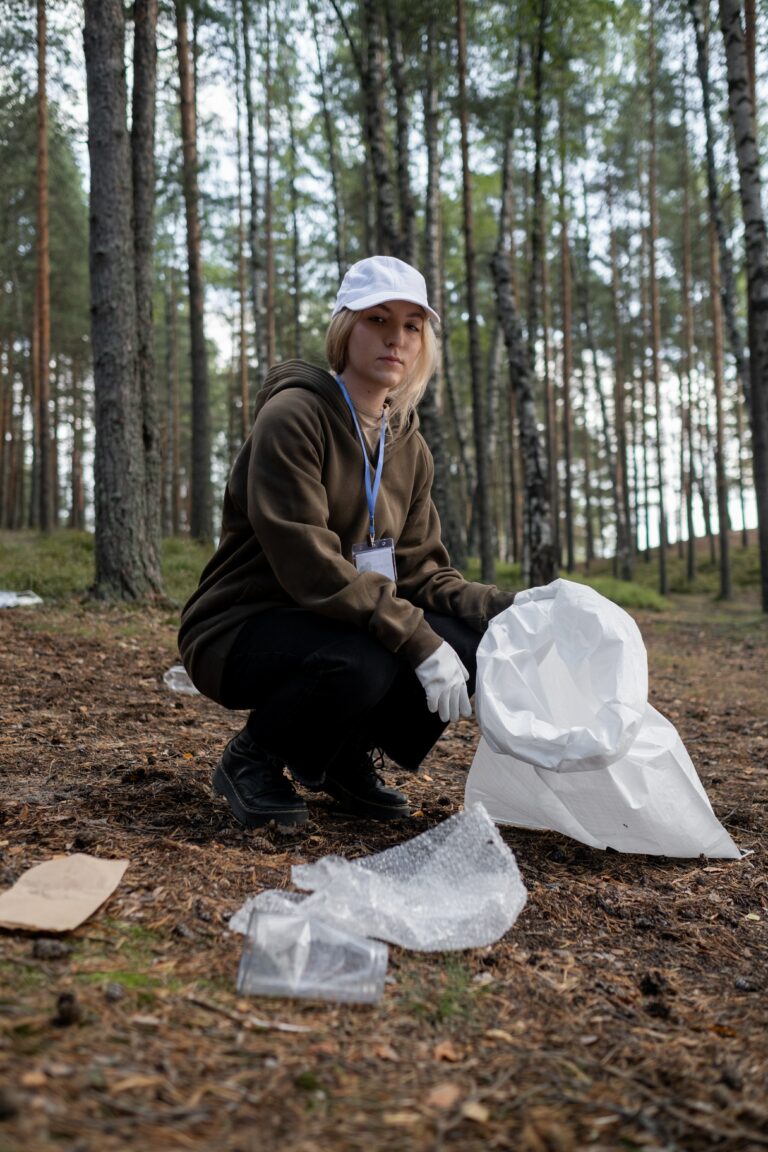
Plastic (Neutrality) .
led by Kristiansund Municipality
The Plastic (Neutrality) Case is led by Kristiansund Municipality. Marine plastic pollution has become a central focal point among scientific circles in recent years due to their all-encompassing presence in global waters. However, while much of the marine pollution is illustrated by beach-cleaning crews and local municipalities, there is comparatively little attention directed towards what goes on in the deeper parts of the sea. The NiYF project wishes to explore, illustrate, and bring to attention the localized garbage piles that have amassed in a Norwegian harbor basin, in order to showcase the stark contrast between the relative beauty of topside Norwegian nature and the underexplored, unknown darker side of the world beneath the surface.
Photo: Ron Lach
Mobility .
led by Trondheim Municipality
Fossil fuel-based transportation emits large amounts of carbon dioxide into the atmosphere, in addition to generating granulate and microplastics as vehicular tires wear down from use. As part of the Mobility Case, NIYF utilizes an innovative audiovisual installation known as the Lung Tree – an art installation drawing on air quality data from all over the globe – to illustrate how traffic and transportation practices are emitting harmful climate gases into the air that we breathe.
Photo: Markus Spiske
